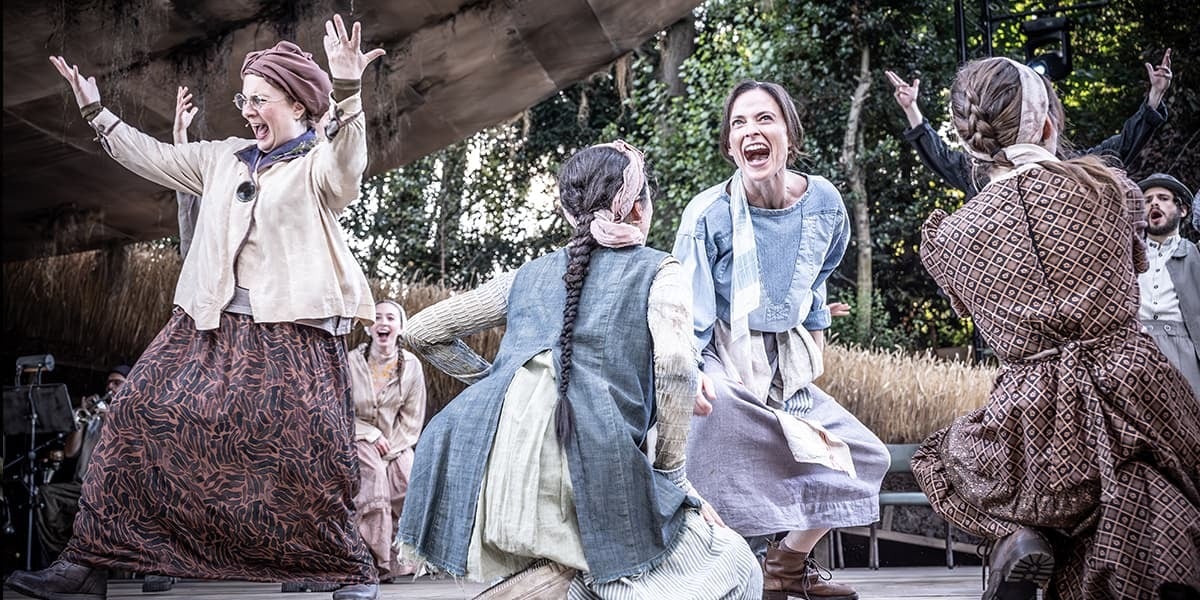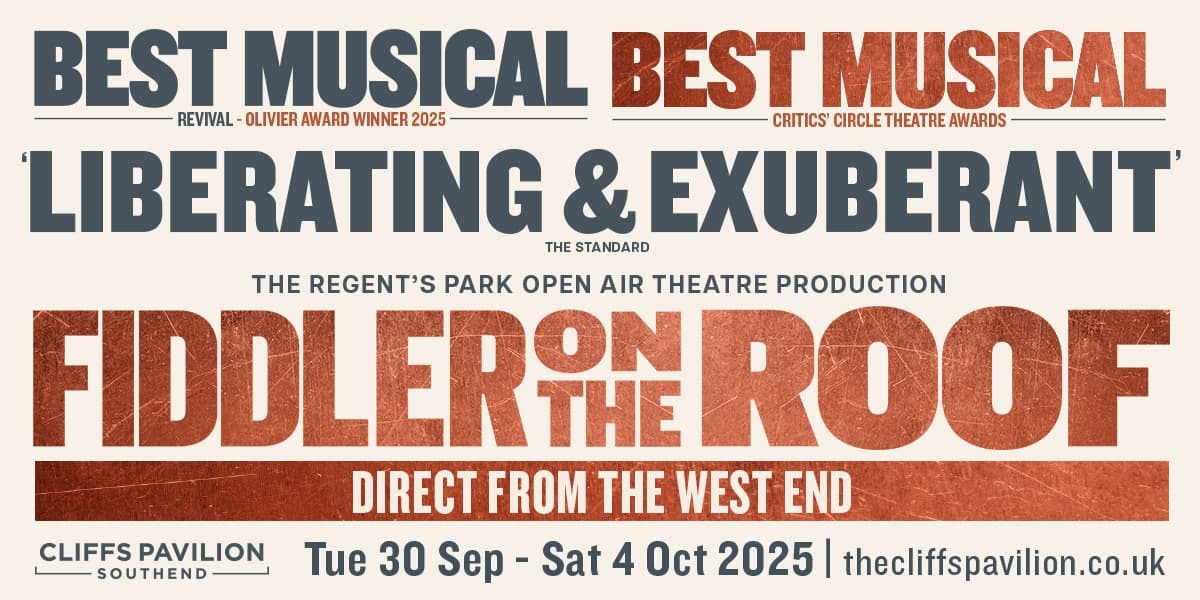Fiddler on the Roof characters
Published on 1 April 2025
Fiddler on the Roof is a cherished musical that delves into the life of Tevye, a Jewish milkman, and his family in the village of Anatevka. Set against the backdrop of early 20th-century Imperial Russia, the narrative explores themes of tradition, family, and change. The musical's enduring appeal lies in its rich characterizations and poignant storytelling.
The show's Broadway debut in 1964, held the title of the longest-running Broadway musical for nearly a decade until Grease eventually surpassed it. The original production won nine Tony Awards, including Best Musical, Best Book (Joseph Stein), and Best Score (Jerry Bock and Sheldon Harnick), cementing its legacy as one of the most influential musicals of all time.
Adding to its cultural impact, the song "Sunrise, Sunset" has become a beloved staple at weddings, symbolizing the passage of time and familial bonds. The musical’s title is thought to be inspired by Marc Chagall’s painting Le Violiniste, which depicts a fiddler balancing precariously on a rooftop - a powerful metaphor for the characters’ struggles in maintaining tradition while adapting to a changing world.
More recently, the 2025 revival at Regent’s Park Open Air Theatre received 13 Olivier Award nominations, tying the record set by Hamilton in 2018. The production transfers to the Barbican from 24 May 2025, promising to introduce a fresh interpretation of this timeless classic to new audiences.
The Characters of Fiddler on the Roof
The ensemble of Fiddler on the Roof brings to life a tapestry of individuals, each contributing to the depth and resonance of the story. Here's an introduction to the principal characters:
Tevye
Tevye, the central character, is a poor milkman who strives to uphold his Jewish religious and cultural traditions amidst the evolving world around him. His internal conflicts and humorous monologues endear him to audiences as he navigates the challenges posed by his daughters' choices and external societal pressures. Notably, Zero Mostel originated the role on Broadway, earning a Tony Award for Best Actor in a Musical in 1965.
Golde
Golde is Tevye's strong-willed and pragmatic wife. She manages the household and supports Tevye, often serving as a grounding force. Maria Karnilova portrayed Golde in the original Broadway production, securing a Tony Award for Best Featured Actress in a Musical in 1965.
Tzeitel
Tzeitel is the eldest daughter of Tevye and Golde. She challenges tradition by choosing to marry Motel, her childhood friend, instead of the wealthy butcher Lazar Wolf, whom her parents prefer. This decision sets the stage for the central theme of balancing tradition with personal happiness.
Hodel
Hodel, the second daughter, falls in love with Perchik, a radical thinker and tutor. Her choice to follow Perchik to Siberia after his arrest underscores her commitment to love and progressive ideals, further highlighting the tension between tradition and change.

Chava
Chava, the third daughter, faces perhaps the most challenging conflict as she falls in love with Fyedka, a Russian Orthodox Christian. Her marriage outside the Jewish faith leads to profound familial and cultural rifts, emphasizing the complexities of assimilation and identity.
Motel Kamzoil
Motel is a poor but ambitious tailor who wins Tzeitel's heart. His character embodies the virtues of perseverance and humility, and his eventual success symbolizes the rewards of hard work and dedication.
Perchik
Perchik is a revolutionary student from Kiev who challenges the traditional norms of Anatevka. His relationship with Hodel introduces progressive ideas into Tevye's household, representing the broader societal shifts occurring during the time.
Yente
Yente is the village matchmaker, whose meddling and gossip add humor and depth to the narrative. Her character highlights the traditional role of arranged marriages within the community. Interestingly, Bea Arthur, known for her later television work, portrayed Yente in the original Broadway production.
The Legacy of Fiddler on the Roof
Fiddler on the Roof continues to resonate with theatre audiences worldwide, offering a compelling exploration of tradition, family, and the universal quest for identity and belonging.


